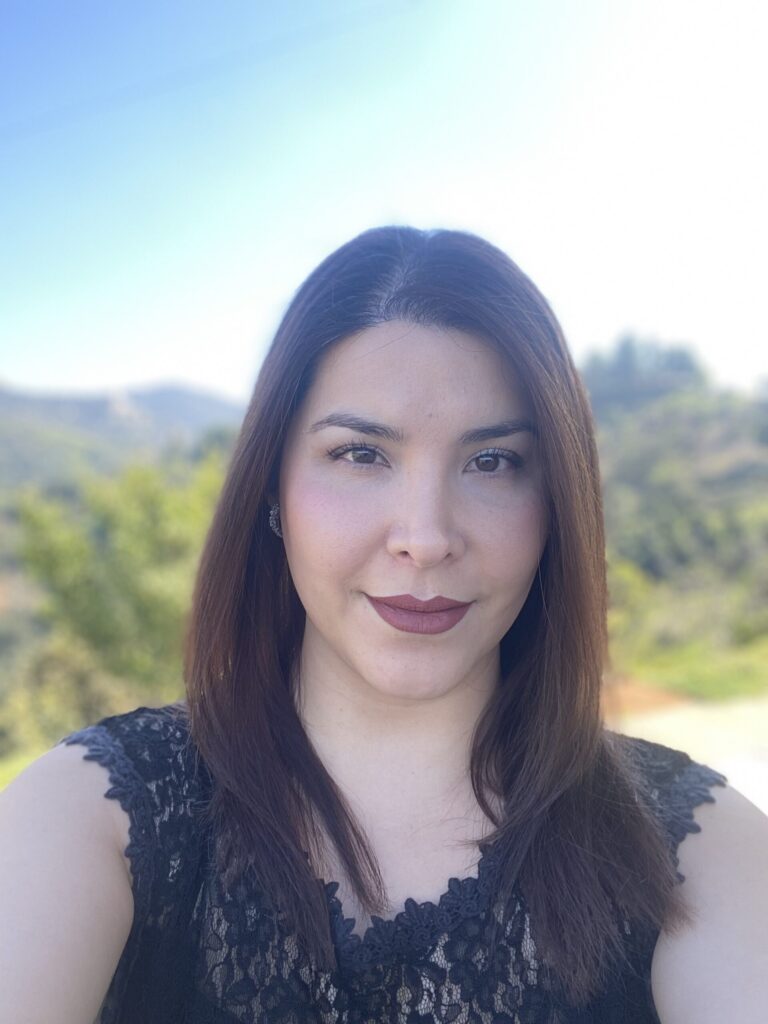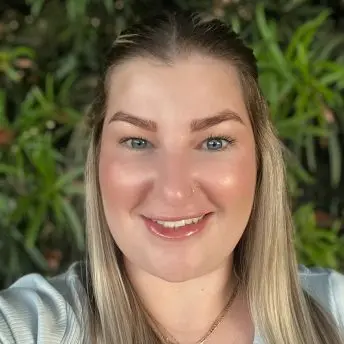What is Codependency – Codependency Therapist in Newport Beach

Codependency is a relationship where one person has the role of “the giver”, repetitively putting their needs behind the partner. The partner that is “the taker” has their needs placed first. This type of relationship isn’t necessarily a romantic one. It can happen between parents and children, friends, and family members. This type of dynamic typically presents itself as:
- Having a hard time setting boundaries
- Having a hard time saying no
- Fixating on mistakes
- Displaying a fear of abandonment
- Having a need for control, especially over others
If you find yourself making a lot of sacrifices for your partner’s happiness, but you’re not seeing much in return, you might be in a codependent relationship. You don’t have to feel stuck in that kind of pattern. There are ways you can balance your life out so that you also have your needs met. The first step is usually identifying the issue.
It’s also important to understand that anyone can become codependent. Being codependent doesn’t mean you’re less than anyone else. People in codependent relationships tend to feel anxiety more consistently than any other emotion while in the relationship. They spend a majority of their time in the relationship trying to change their partner or conform to the partner’s wishes.
What Causes Codependency?
The answer to what causes codependency isn’t the same for everyone. However, mental health professionals have identified factors that often are shared between those in codependent relationships.
- People Pleasing: Keeping those around you happy helps you feel in control
- Fear of Commitment: People who express love to you can end up emotionally hurting you
- Caretaking: Taking on a parenting role to fill gaps in needs helped you feel more in control and contribute to the stability of your childhood
- Boundary Setting: There may have been a lack of experiencing healthy boundary setting, so it’s not a skill you’re particularly comfortable with.
- Feeling Flawed: You may have been told something is wrong with you during your childhood, which causes you to still feel that way about yourself as an adult.
- Controlling Impulses: Life frequently felt out of control, and when that happens now, reacting by asserting control of people and situations in an unhealthy way can be a way to mitigate the anxiety of the unknown
How to Stop Being Codependent
You’re going to want to start to understand what relationship expectations mean to you. Most of the time, it’s not just one person who is the source of all of the issues in the relationship, so it’s important to critically examine what is objectively happening in the relationship and why. Once you can detangle the emotions and behaviors for yourself, you can start to grow out of a codependent relationship cycle.
Start to set boundaries for yourself. By determining what’s most important to you (core values) you can place your needs in the appropriate context of what a healthy relationship looks like for you. You can start to set boundaries by taking time to reflect every day on what is important to you, what you need, and what you want. Getting more clear on these ideas will make it easier for you to say “no” when it’s appropriate.
Focus on your self growth. Make it a priority. Listen to yourself, and be mindful of when your internal dialogue is putting you down. Try to find a way to turn that negative thought pattern into identifying a strength about yourself. By improving your sense of self worth and positivity, you can begin to break the cycle of negative thought patterns and identify new areas of core values that are important to you.
Of course, this is all most effective when paired with a mental health professional who can work with you to identify and confirm those patterns and develop a plan to make adjustments that help you move forward and improve your quality of life.
Your Newport Beach Codependency Therapist
Dora Valencia, LCSW

Hannah Pasternak, LCSW

Our therapists at Lisa Eaton Therapy & Coaching offer a compassionate, experienced approach to help individuals and couples break free from unhealthy patterns. With a strong foundation in couples counseling, they create a supportive space where you can untangle dynamics rooted in over-reliance, rebuild healthy boundaries, and foster more balanced, fulfilling relationships. Jennifer’s goal is to help each person feel seen, supported, and empowered to grow.
Take the Next Step
Connect with our team of therapists who know what works to help you create change, and who are approachable and non-judgmental. Call or Email us to speak with someone to talk about the next steps to move forward. We also specialize in premarital therapy and family therapy.
Connect With Us
If you’re interested in Therapy Services, get started here.
